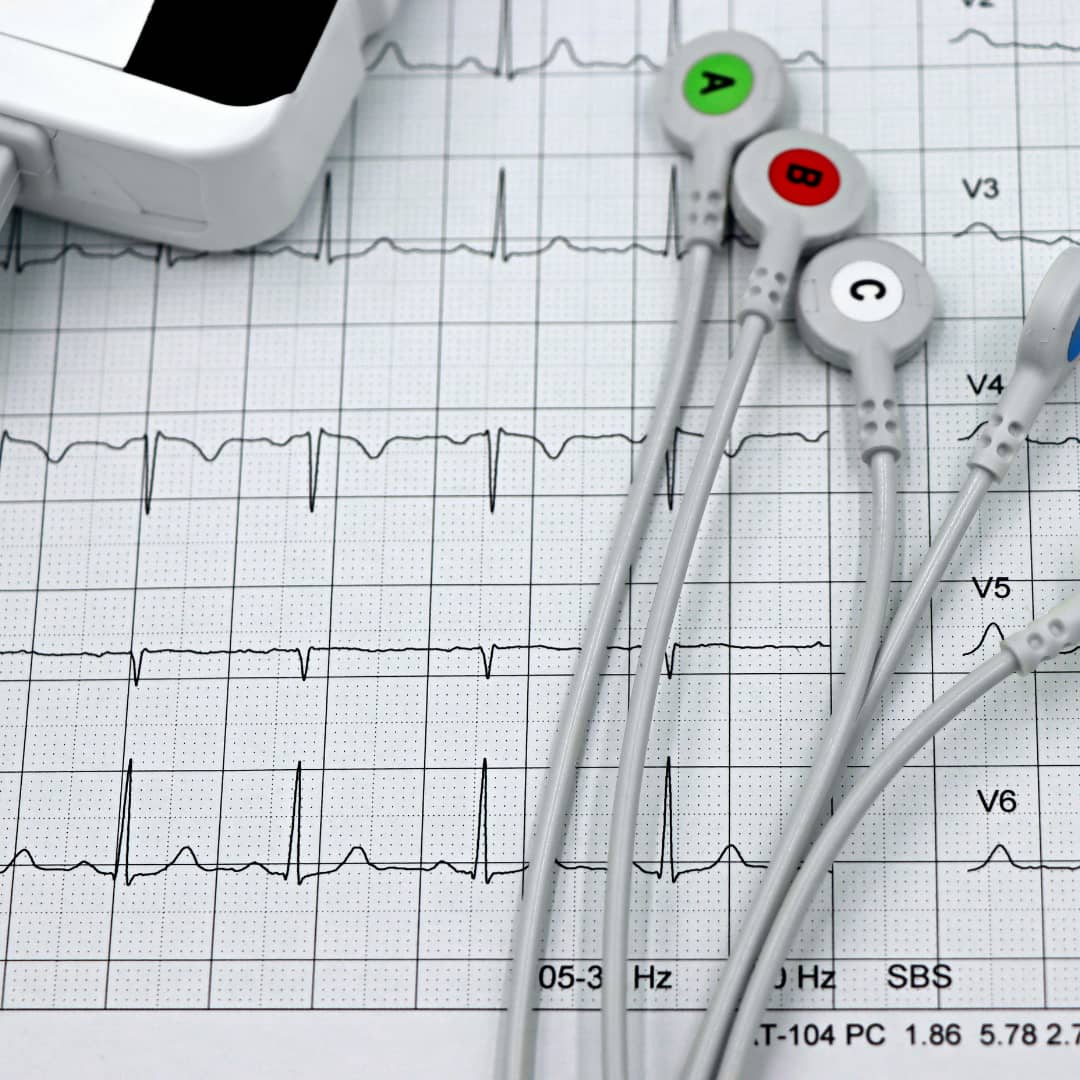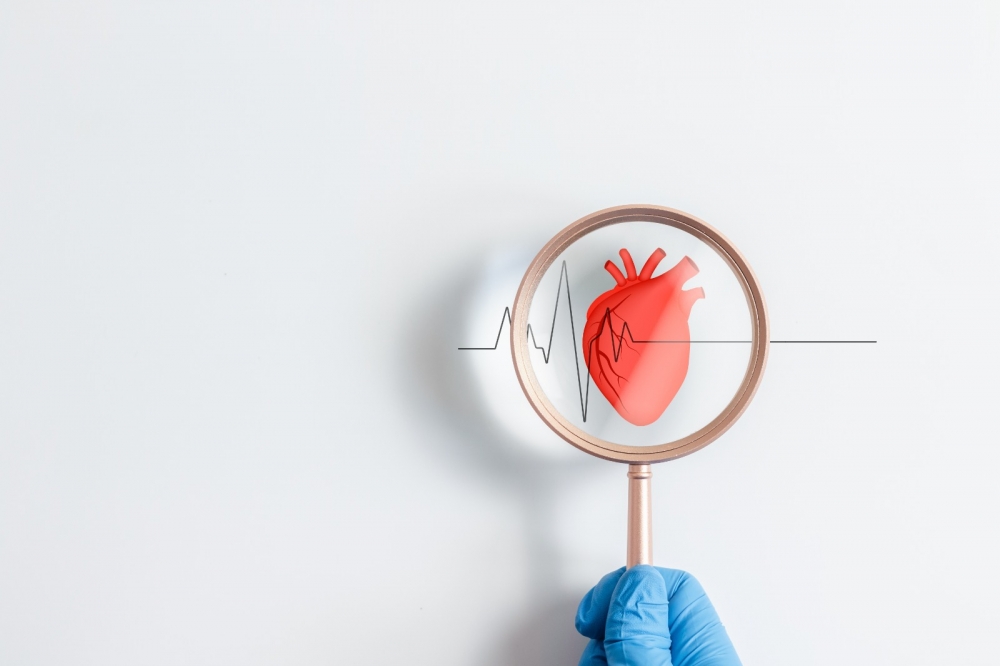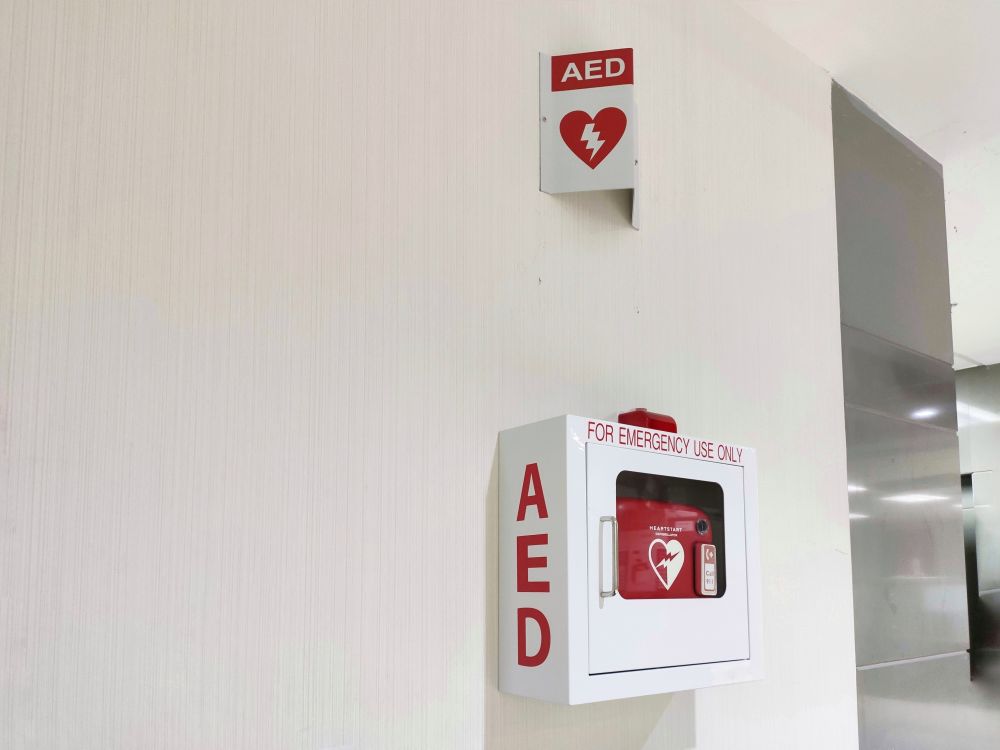Learn About Electrophysiology (EP) Studies with Dr. Lim Chiao Wen

Your heart beats because of an intricate electrical system that keeps it functioning rhythmically. But what happens when that system malfunctions? If you have an irregular heartbeat or experience symptoms like dizziness, palpitations, or fainting, your doctor may recommend an Electrophysiology Study (EP Study) to pinpoint the cause of your abnormal heart rhythms (arrhythmias).
In this article, let’s understand what an EP study is with Dr. Lim Chiao Wen, our Consultant Cardiologist & Electrophysiologist, why it’s done, and what you can expect during and after the procedure.

What is an Electrophysiology Study (EP Study)?
An EP study is a specialized test that examines the electrical activity of your heart to determine where abnormal rhythms originate. The test uses thin, flexible tubes called catheters that are inserted through a blood vessel and guided into the heart. Electrodes at the tip of these catheters send and receive electrical signals, helping doctors study the heart’s conduction system.
EP studies are commonly performed for individuals experiencing unexplained arrhythmias. The test can determine:
-
The location of abnormal electrical signals causing arrhythmias.
-
Whether medications are effective in managing irregular heartbeats.
-
If catheter ablation is needed to treat arrhythmias.
-
If a pacemaker or implantable cardioverter defibrillator (ICD) is necessary.
-
Whether the patient is at risk for serious conditions like sudden cardiac arrest.
Why Might You Need an EP Study?
Your doctor may recommend an EP study if you experience symptoms like:
-
Frequent heart palpitations (fluttering or rapid heartbeat).
-
Dizziness or fainting without a known cause.
-
A history of cardiac arrest or known arrhythmias.
-
Ineffectiveness of previous medications used to control abnormal rhythms.
If you have been diagnosed with atrial fibrillation (AFib), ventricular tachycardia, or supraventricular tachycardia, an EP study may help tailor the best treatment plan for your condition.
How to Prepare for an EP Study
Proper preparation ensures a smooth procedure and accurate results. Your doctor will provide you with specific guidelines, which may include:
-
Fasting: Avoid eating or drinking for at least six to eight hours before the test.
-
Medications: Inform your doctor about all medications, including over-the-counter drugs, supplements, and herbal treatments. You may need to pause certain medications before the test.
-
Arrange transportation: Since you will receive a sedative, you will need someone to drive you home after the procedure.
What Happens During an EP Study?
The EP study takes place in a specialized lab called an Electrophysiology (EP) Lab or Catheterization (Cath) Lab. The procedure involves the following steps:
-
Sedation and Preparation: A nurse will insert an IV line in your arm, and you’ll receive a mild sedative to help you relax. You will remain awake but comfortable throughout the procedure.
-
Catheter Insertion: The doctor will numb a small area in your groin, and insert a few thin catheters through the vein leading to your heart.
-
Electrical Mapping: Small electrical pulses will be sent through the catheters to stimulate and record your heart’s activity. This allows the doctor to track where the abnormal rhythm originates.
-
Testing and Diagnosis: If needed, medication may be administered to assess how your heart responds to treatment.
-
Completion: After mapping your heart’s electrical signals, the catheters will be removed, and pressure will be applied to the insertion site to prevent bleeding.
The procedure typically lasts one to four hours, depending on the complexity of the arrhythmia.
What Happens After the Test?
Once the EP study is completed, you’ll be moved to a recovery area for one to three hours. During this time:
-
You’ll be monitored for any complications.
-
You may need to lie still to prevent bleeding at the catheter insertion site.
-
Your doctor will discuss preliminary findings and determine if further treatment is required.
-
Most patients can resume normal activities the next day but should avoid strenuous activities for 24 hours.
Risks of an EP Study
While the EP study is considered safe, some possible risks include:
-
Temporary arrhythmias: Electrical stimulation may cause dizziness or a racing heart.
-
Bleeding or bruising: At the insertion site (groin, arm, or neck).
-
Blood clots: Rare but possible; doctors may prescribe blood thinners to prevent clotting.
-
Heart attack or stroke: Extremely rare but can occur in high-risk individuals.
Your doctor will discuss these risks in detail before the procedure.
When Will You Receive Your Results?
Your doctor may discuss initial findings immediately after the test, but a follow-up appointment may be necessary for a detailed analysis. If an ablation or pacemaker is recommended, your doctor will outline the next steps.
Take Charge of Your Heart Health
An Electrophysiology Study is a valuable tool for diagnosing and managing arrhythmias. If you have been experiencing irregular heartbeats or other concerning symptoms, consulting a cardiac electrophysiologist can help you take proactive steps toward better heart health.
If you are concerned about your heart rhythm, don’t wait. Schedule an appointment today with our expert team at Sunway Medical Centre Velocity for comprehensive heart care !
KembaliSuggest to Read









